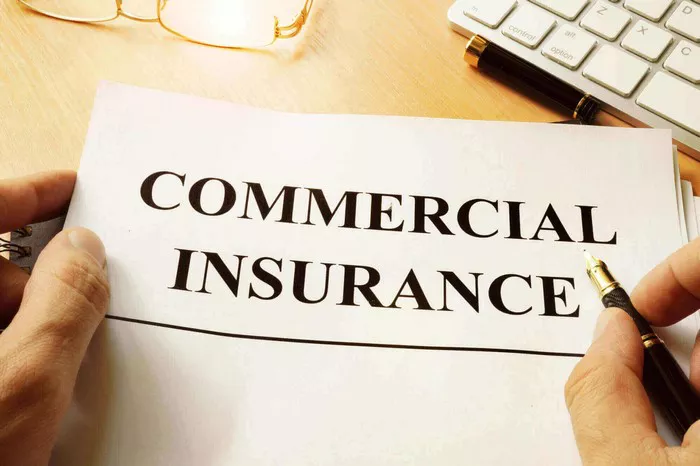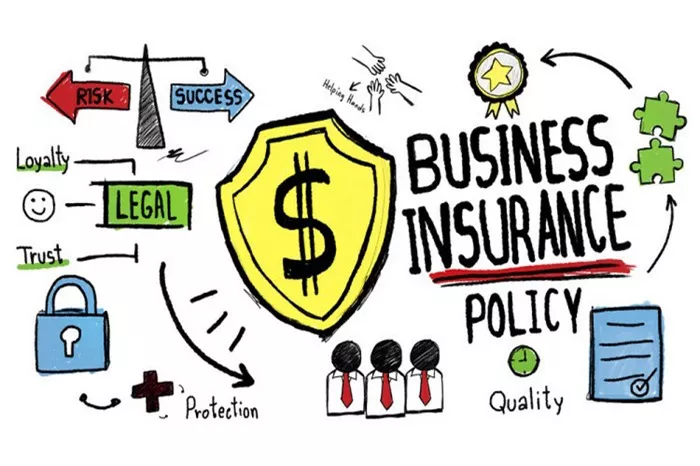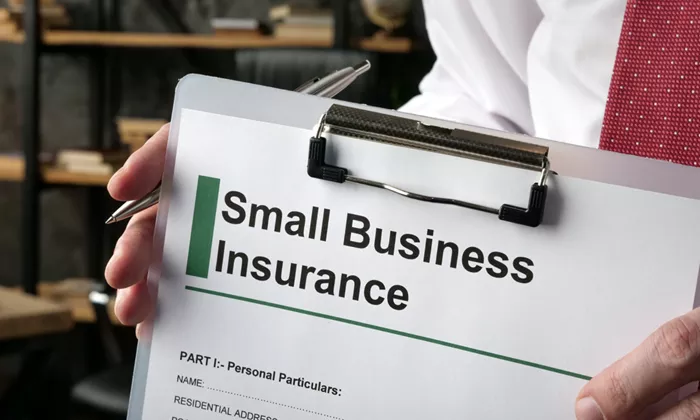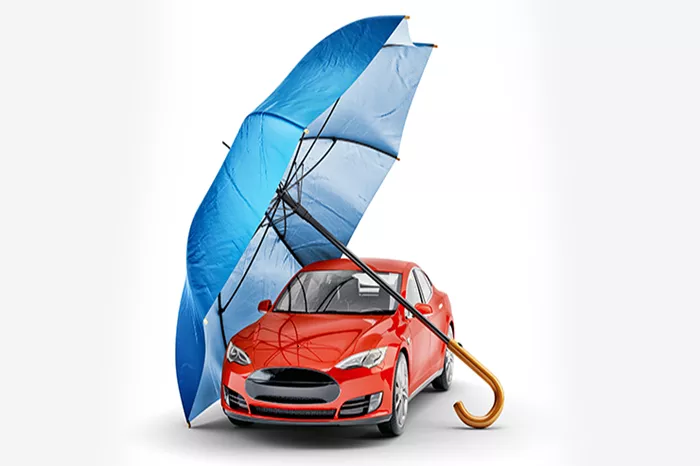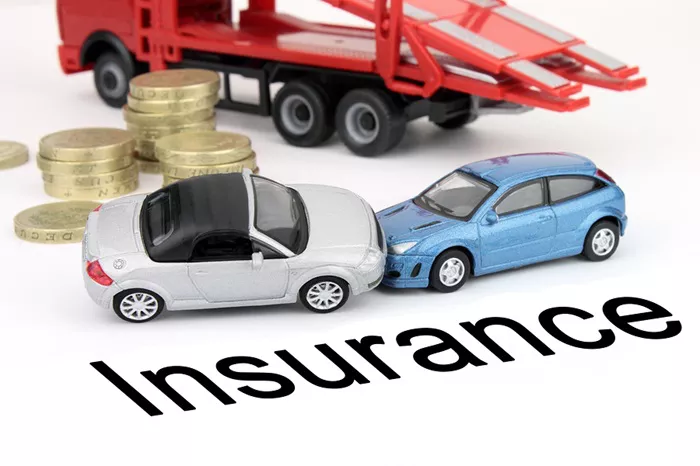As a contractor, your work often involves handling materials, equipment, and processes that can impact the environment. Whether you’re working on construction sites, renovations, or industrial projects, pollution is a risk that cannot be ignored. Contractors pollution liability insurance (CPLI) is a specialized type of coverage that protects contractors from financial losses due to environmental damage caused by their operations. In this article, we will explain what CPLI is, why it’s important for contractors, and how it works in practice.
Understanding Contractors Pollution Liability Insurance
Contractors pollution liability insurance is designed to protect contractors from legal and financial consequences resulting from pollution or environmental damage caused during the course of their work. This type of insurance typically covers incidents where pollutants are released into the environment due to activities such as excavation, demolition, construction, or even routine maintenance.
Pollutants can include substances like chemicals, oil, asbestos, lead, or other hazardous materials that, if improperly handled or released, can lead to environmental damage. The consequences of such accidents can be severe, ranging from cleanup costs to legal fees and penalties imposed by government agencies.
For contractors who work in industries like construction, environmental remediation, or utilities, CPLI provides an essential safety net against these risks. While general liability insurance might cover some incidents, it does not provide coverage for pollution-related claims. This is why CPLI is crucial for contractors working in any field where pollution or contamination risks are present.
Why Do Contractors Need Pollution Liability Insurance?
Contractors face a unique set of risks that other businesses may not, especially when it comes to environmental issues. Construction sites, industrial projects, and even some commercial renovations involve the use of materials or the execution of work that can result in pollution. Here are some of the main reasons why contractors need pollution liability insurance:
1. Risk of Environmental Damage
Whether you’re working on a large construction project or a small renovation, the risk of pollution exists. You might accidentally spill hazardous materials, leak chemicals into the soil, or disturb asbestos, leading to contamination of the surrounding environment. If these pollutants are not properly contained or disposed of, the damage can be long-lasting and costly to remediate.
Without CPLI, contractors could face hefty fines, cleanup costs, and legal battles if environmental damage occurs during a project. Contractors pollution liability insurance ensures that contractors are financially protected from the fallout of such incidents.
2. Legal and Regulatory Requirements
Contractors are often required to comply with strict environmental regulations set by local, state, and federal agencies. In some cases, contractors may be legally responsible for cleaning up pollution caused during a project. These cleanup costs can run into the millions of dollars, depending on the severity of the contamination.
Moreover, if a contractor fails to comply with environmental laws or regulations, they could be subject to fines, penalties, or even lawsuits from regulatory bodies or affected parties. CPLI can help cover the costs associated with legal defense, settlements, or judgments arising from pollution claims, reducing the financial burden on contractors.
3. Contractual Obligations
Many contractors work under contracts that require them to have pollution liability insurance. Clients, especially those in highly regulated industries like oil and gas, construction, and utilities, may require contractors to have CPLI to ensure they are protected against any potential environmental risks. Failure to secure the proper insurance coverage could result in losing a contract or damaging the contractor’s professional reputation.
Having CPLI helps ensure that contractors can meet their contractual obligations, demonstrating to clients that they take environmental risks seriously and are financially prepared to handle any pollution-related incidents.
4. Protecting Your Business and Reputation
Accidents happen, and even the most diligent contractor can make a mistake that leads to environmental damage. However, these accidents can have a lasting impact on a contractor’s reputation. Being associated with environmental contamination can damage client relationships, and potential clients may hesitate to work with a contractor without pollution liability insurance.
CPLI helps contractors maintain their business and reputation by covering the financial consequences of environmental damage. This gives contractors the peace of mind to know they can recover from an accident without jeopardizing the future of their business.
What Does Contractors Pollution Liability Insurance Cover?
Contractors pollution liability insurance covers a wide range of pollution-related incidents that may arise during the course of a contractor’s work. Coverage typically includes:
1. Cleanup Costs
One of the most significant expenses that contractors can incur in the event of pollution is the cost of cleanup. If a contractor causes a spill, leak, or other environmental contamination, they may be required to clean up the affected area. Cleanup costs can be expensive and involve specialized equipment, labor, and disposal of hazardous materials.
CPLI helps cover the cost of cleanup efforts, which can range from a few thousand dollars to millions of dollars, depending on the severity of the contamination. The insurance policy will typically cover both on-site cleanup and off-site remediation efforts if pollution spreads beyond the contractor’s worksite.
2. Third-Party Claims
If the pollution affects third parties, such as neighboring businesses, residents, or workers, CPLI can cover claims made by these individuals or entities. This includes bodily injury or property damage claims arising from exposure to pollutants like chemicals, asbestos, or lead.
For example, if a contractor accidentally contaminates a nearby water supply, leading to health problems for local residents, the contractor could be held liable for medical costs, property damage, or legal fees. CPLI can help cover these expenses, including defense costs if the contractor is sued for negligence.
3. Legal Defense Costs
In addition to cleanup costs and third-party claims, contractors pollution liability insurance also covers the costs of legal defense in the event of a lawsuit. If a contractor is accused of causing pollution or environmental damage, they may need to hire an attorney to defend themselves in court. Even if the contractor is found not liable, legal defense costs can be significant.
CPLI helps cover these legal expenses, including attorney fees, court costs, and settlement expenses, allowing contractors to focus on their business without the financial burden of a lawsuit.
4. Environmental Damages
Pollution can cause long-term environmental damage that may take years to remediate. CPLI may cover the costs of environmental damage resulting from contamination, including soil, water, and air pollution. This coverage ensures that contractors can manage the financial risks associated with environmental harm caused by their work.
For example, if a contractor’s operations lead to the contamination of nearby soil with hazardous waste, they may be required to restore the land and prevent further environmental harm. CPLI can help cover the costs of these restoration efforts.
5. Business Interruption
In some cases, pollution incidents can result in a business interruption, where a contractor’s operations are halted or delayed due to contamination or the need to address regulatory concerns. Contractors pollution liability insurance can cover lost income and additional expenses incurred during the period when the contractor is unable to work due to a pollution-related incident.
For instance, if a construction project is delayed due to environmental contamination, the contractor may lose out on income and incur additional costs for environmental remediation. CPLI helps cover these financial losses, allowing the contractor to recover from the interruption.
How Much Does Contractors Pollution Liability Insurance Cost?
The cost of contractors pollution liability insurance can vary based on several factors, including the size of the contractor’s business, the type of work they perform, the industry in which they operate, and their claims history. Contractors who work with hazardous materials or in high-risk industries, such as oil and gas or demolition, may face higher premiums due to the increased likelihood of pollution incidents.
On average, CPLI premiums for contractors can range from $500 to $5,000 per year, with the price depending on the specific coverage limits and deductible amounts. Contractors should consult with an insurance broker to determine the appropriate level of coverage based on their unique business needs and the types of risks they face.
Conclusion
Contractors pollution liability insurance is an essential coverage for contractors working in industries where pollution risks are prevalent. Whether you’re working on construction projects, demolition, industrial work, or environmental remediation, pollution liability insurance protects you from the financial consequences of environmental damage caused during your work.
From cleanup costs and legal defense to third-party claims and environmental damages, CPLI provides contractors with the protection they need to manage the risks associated with pollution. By securing the appropriate coverage, contractors can ensure they are financially protected in the event of an environmental incident, allowing them to continue their operations without the constant fear of a lawsuit or financial ruin.
If you’re a contractor working in a pollution-sensitive industry, it’s crucial to evaluate your insurance needs and work with an experienced broker to find the best contractors pollution liability insurance policy for your business.
Related topic:
Do I Need Workers Compensation Insurance For Independent Contractors
How Much Professional Liability Insurance Do I Need
Is Professional Liability Insurance The Same As Malpractice Insurance

